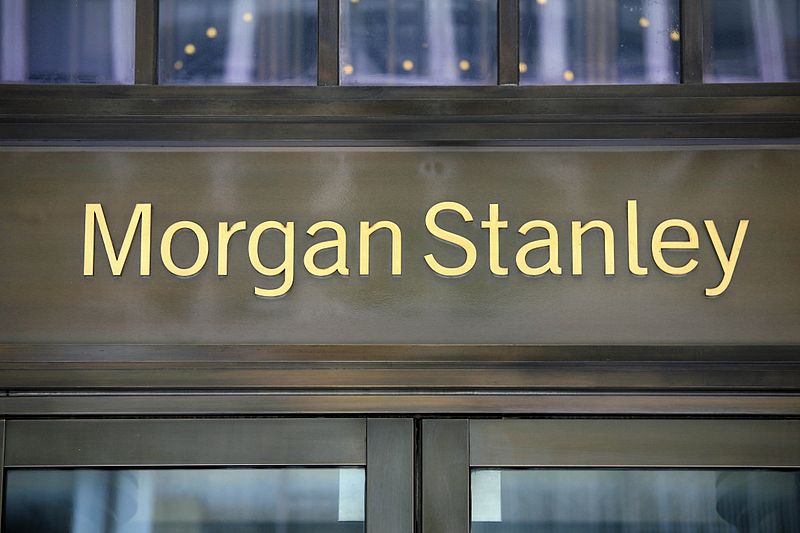As inflation and recession fears persist, financial stress is impacting employees and employers significantly, according to Morgan Stanley at Work’s fifth annual State of the Workplace Financial Benefits Study.
The report finds that 66% of employees say financial stress is affecting their work and personal lives, up 4% from 2024. At the same time, 83% of HR executives are concerned that these issues are hurting productivity.
In response, employers are shifting focus to financial wellness as a key retention strategy. Nearly 90% of employees say workplace financial benefits are essential to achieving personal financial goals, especially for retirement planning and equity compensation. For HR leaders, 59% name retention as their top financial priority for 2025.
“As we navigate a volatile economic landscape and fluctuating employee expectations, our latest study underscores the power of financial benefits packages to align business goals with employee needs,” said Scott Whatley, Head of Morgan Stanley at work. “Ultimately enhancing overall workplace satisfaction, productivity and stability.”
Employee expectations are rising. 84% believe companies should be more involved in helping with financial issues, with Gen Z leading at 95%. Meanwhile, 67% of HR executives say financial planning support is crucial and 81% worry employees will leave if benefits don’t help manage stress. Notably, 91% of employees say they’d feel more committed to companies offering tailored financial support.
Companies are also modernizing their benefits approach. 82% of HR leaders are integrating generative AI to streamline HR workflows and enhance benefit delivery.
“This research shows a direct tie between workplace financial benefits and employee retention, driving home the insight that even amid economic uncertainty, the financial outcomes of companies and their employees are inextricably linked,” said Kate Winget, Chief Revenue Officer of Morgan Stanley at Work.
Still, gaps remain. The study shows 80% of HR leaders have received employee requests for financial benefits that their company doesn’t offer. Both 93% of HR executives and 85% of employees agree that organizations need to do more to help employees understand and utilize existing benefits.
As stress levels rise, the study emphasizes that meaningful financial benefits aren’t just good for employees; they’re essential for long-term business success.


